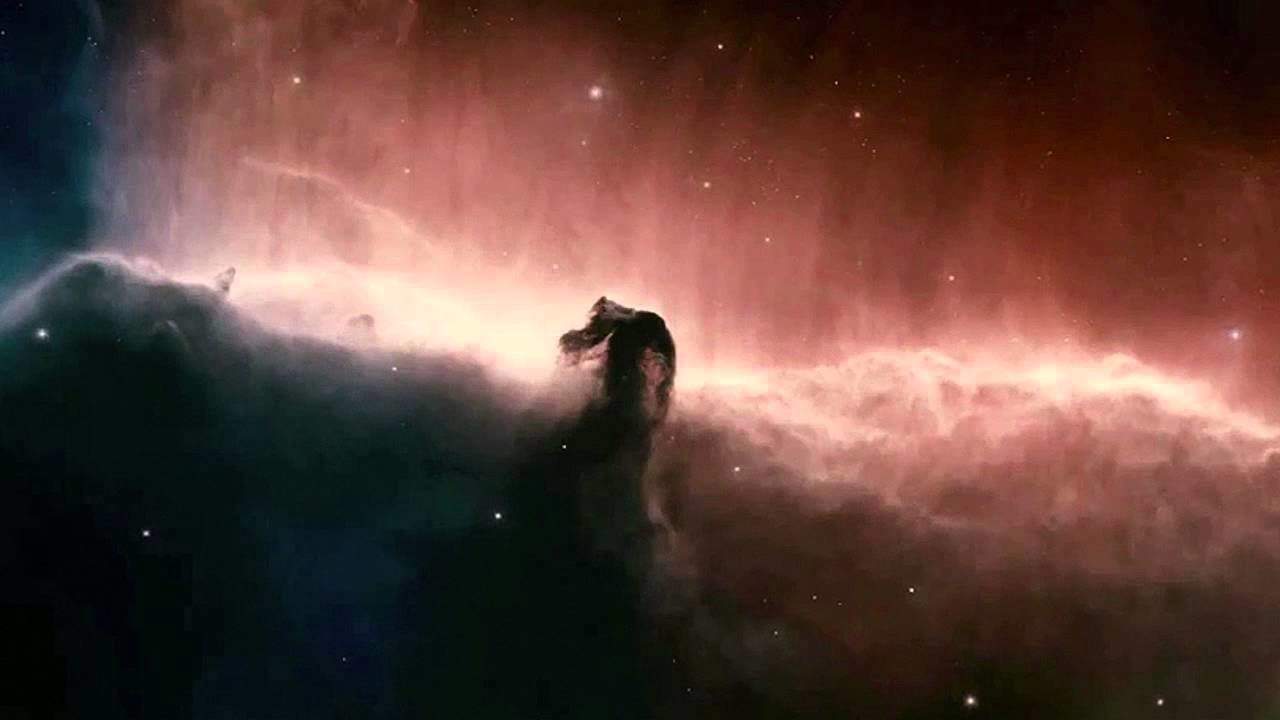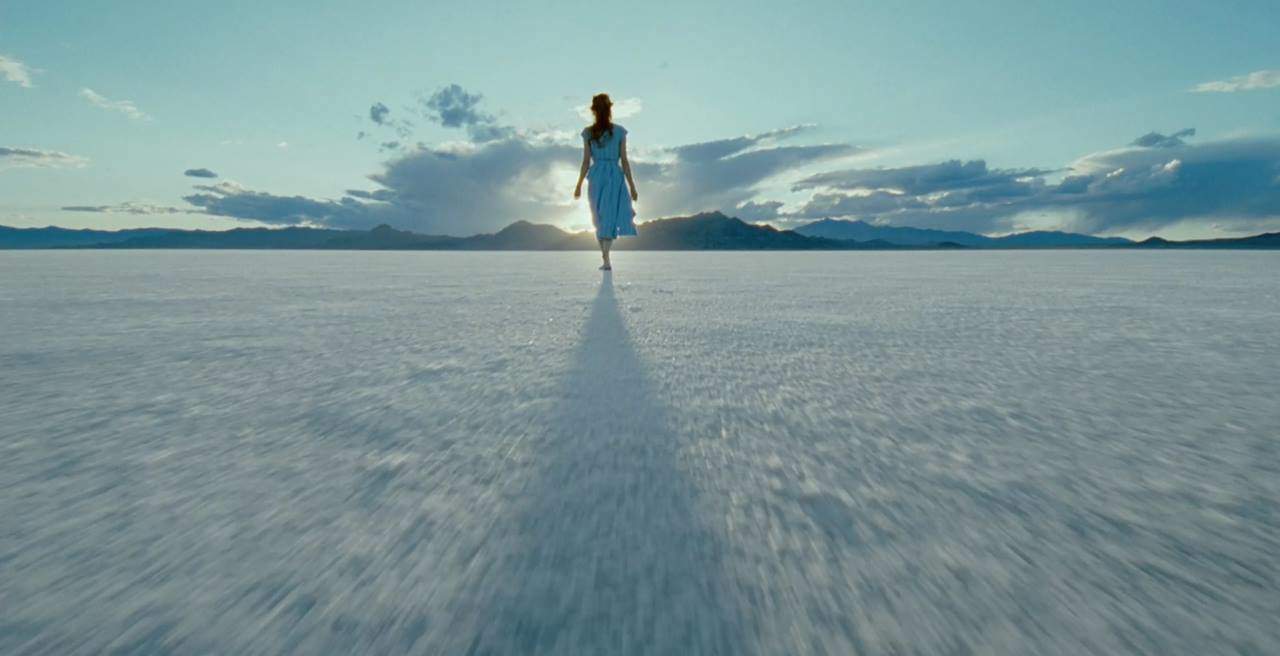“The only way to be happy is to love. Unless you love, your life will flash by.”
What to say about The Tree of Life? What not to say about it? How to describe this film? How to express how much this film means to me by using mere words? Why was this universe created? Not how, but why? If it was created because of a natural celestial phenomenon then who was behind it? God? Where do we go after we mortally die? If our souls leave our physical body, then do we find eternity after death?
These are the questions which are cluttering my mind. This is not a review, not even an analysis. This is just an attempt to show my admiration for this film with the right possible words. There is this particular scene in The Tree Of Life, where the Universe is born from darkness, followed by the creation of Milky Way, solar system, the earth and formation of life in the newly formed earth. This scene alone can testify the infinite greatness of this movie. No one, I repeat, no one (Okay, maybe Stanley Kubrick, but let me just write this sentence) other than Terrence Malick can visualize it like the way it is. An absolute genius!

The Tree of Life, as a film, can be polarizing depending on one’s perspective. It has nothing to do with whether the person is a solemn knowledgeable movie watcher, or not. Someone might see it as a pretentious garbage and an embarrassment in the name of the film and hate it vehemently. But then, someone else can metaphorically bath in the awe of this film, do some serious soul-searching and passionately fall in love with it, which happened in my case. During my first watch, I liked it but as I was so much psyched after watching the scene mentioned before, which comes pretty early in the movie, I couldn’t appreciate the rest of it the same. Recently, while doing a long-awaited Terrence Malick marathon, I watched it again and instantly felt connected to it like never before. I lived through Mentally and emotionally. I felt it. And I was deeply moved by it.
Going a bit off-track here, I have always been fascinated by the lifestyle of the suburbs in the 50s in America. Not the big cities, but the towns. In one of my weird fantasy, I actually find comfort in imagining myself to be a person born in a rural town of Southern America, growing up in the lap of beautiful nature, finding faith from Sunday morning Church routine and leading a blissful, simple life with family and friends, while appreciating Rock music and savoring Pecan pie. The Tree of Life, in one of its extended segments, depicts that particular lifestyle beautifully through Emmanuel Lubezki’s camera, thus making me fall for it even more.
Speaking from a technical perspective, although I really shouldn’t, there have been better, far better films in the glorious history of the motion picture for sure. But there has never been something like this one, and possibly never will be. This movie is not about any technicality. It is really about love, philosophy and finding solace. It is the movie to realize the importance of this particular form of art called motion picture and why we, as people who consider this form of art as a part of life and take it a bit too seriously sometimes, should be thankful because of its existence.
P.S: If this was a review, I would have given The Tree of Life a five-star rating.




